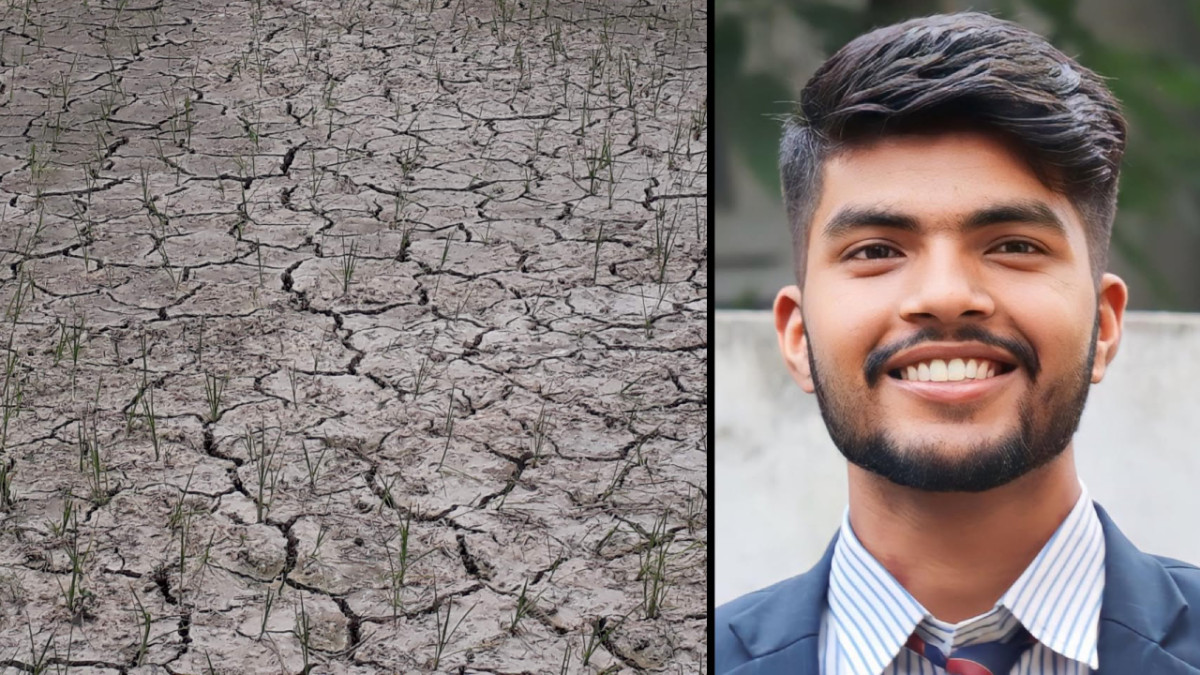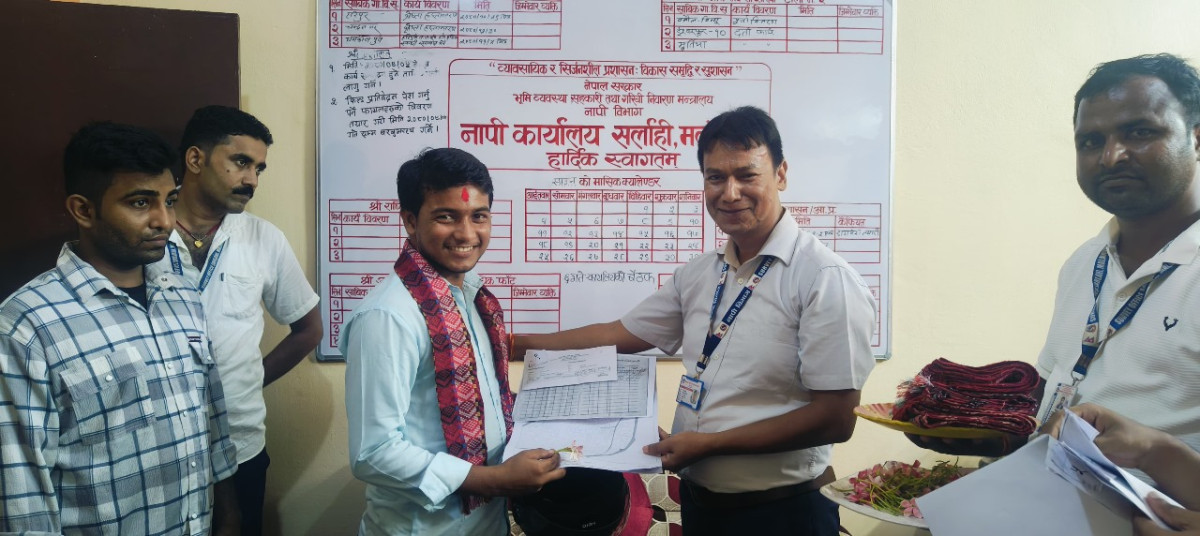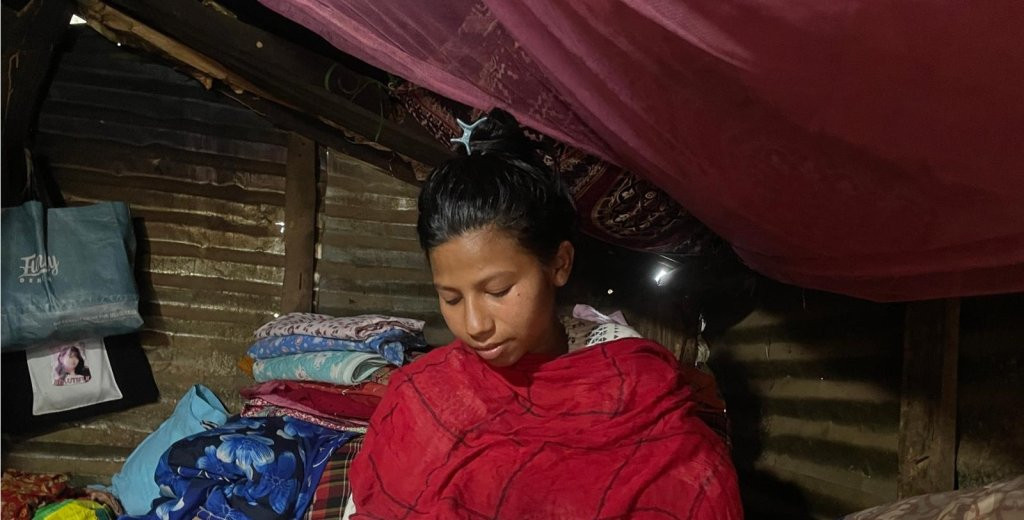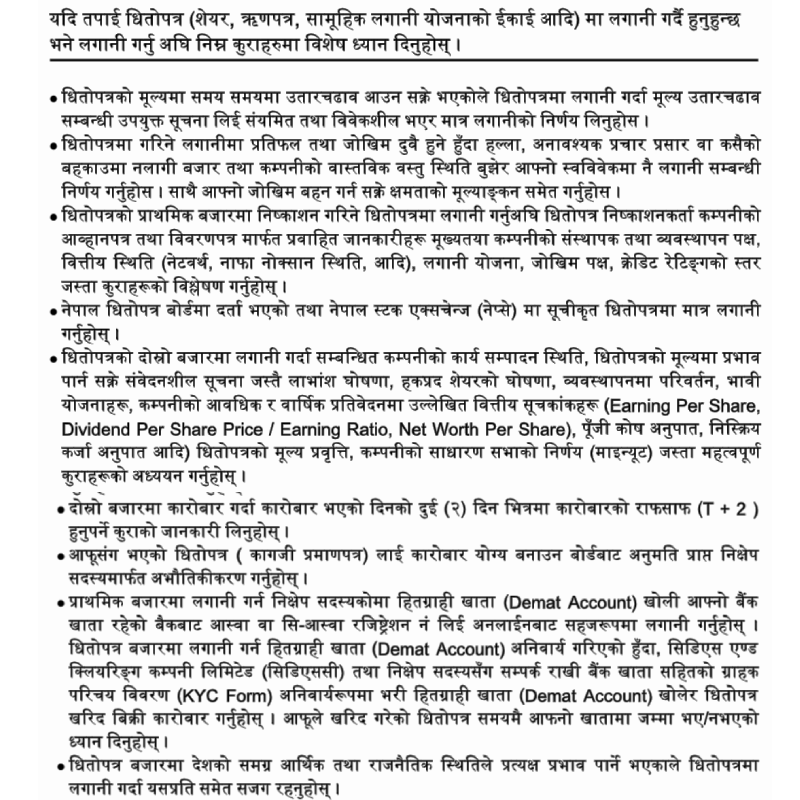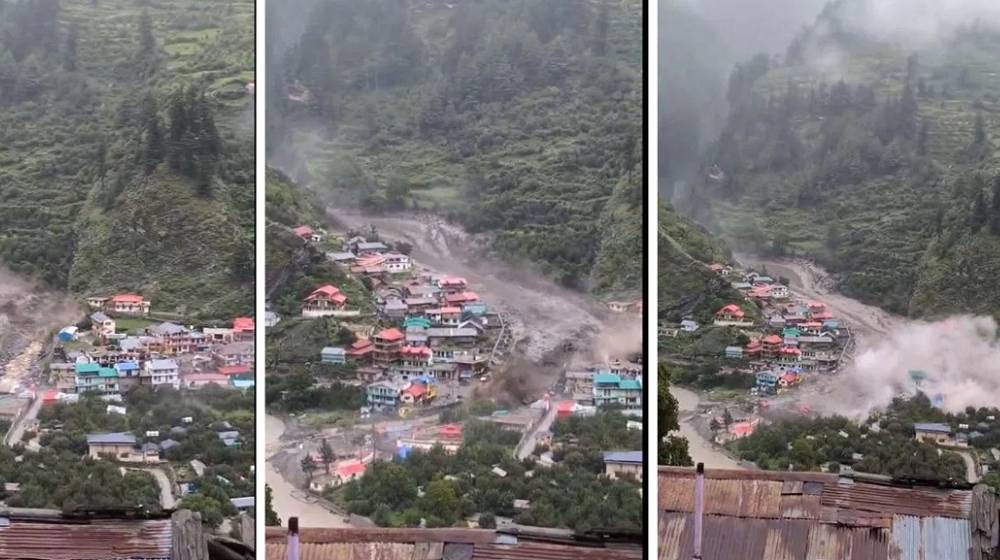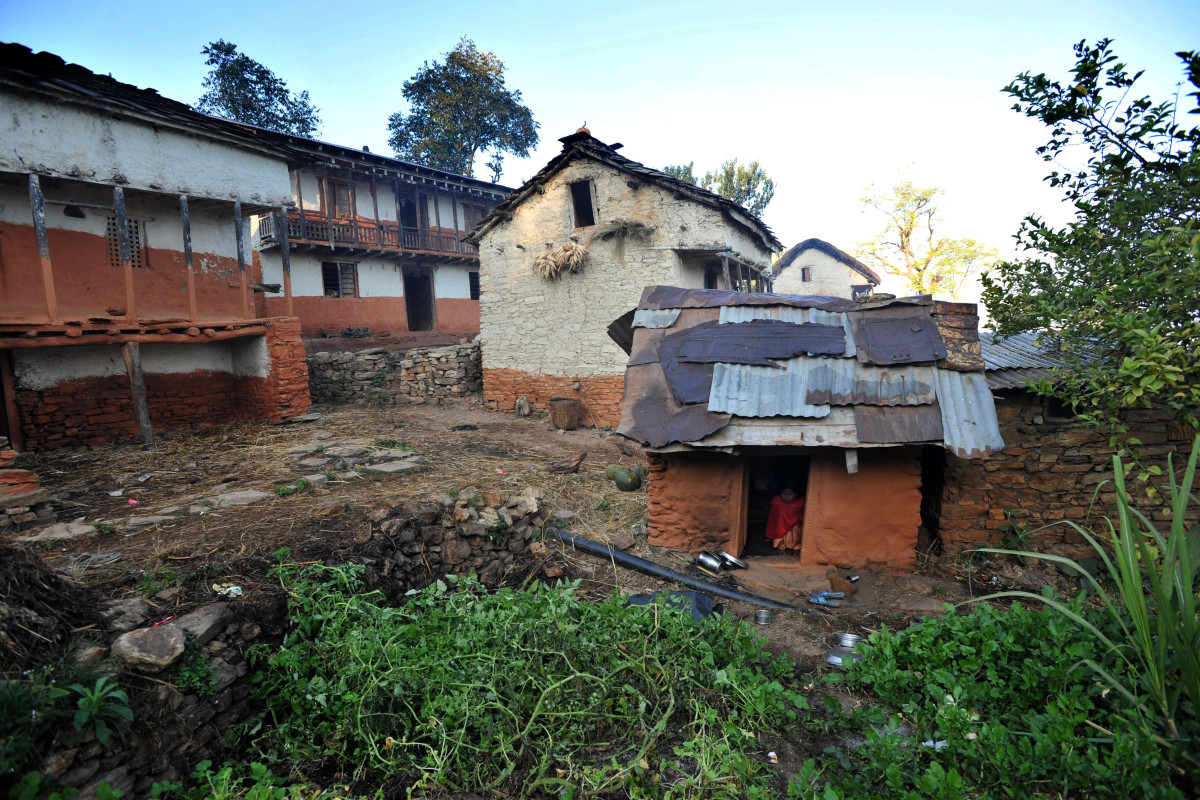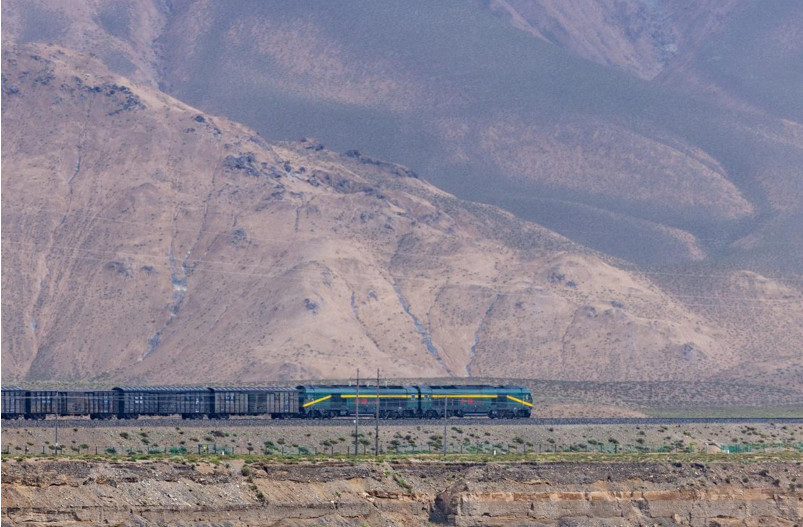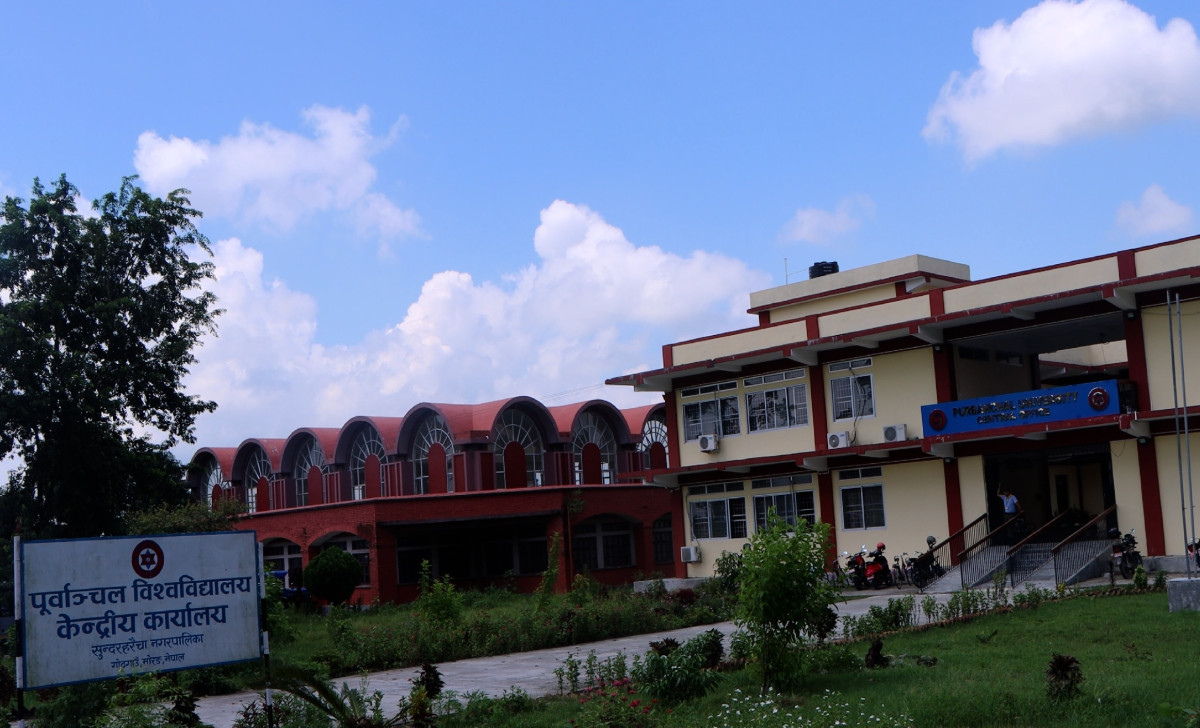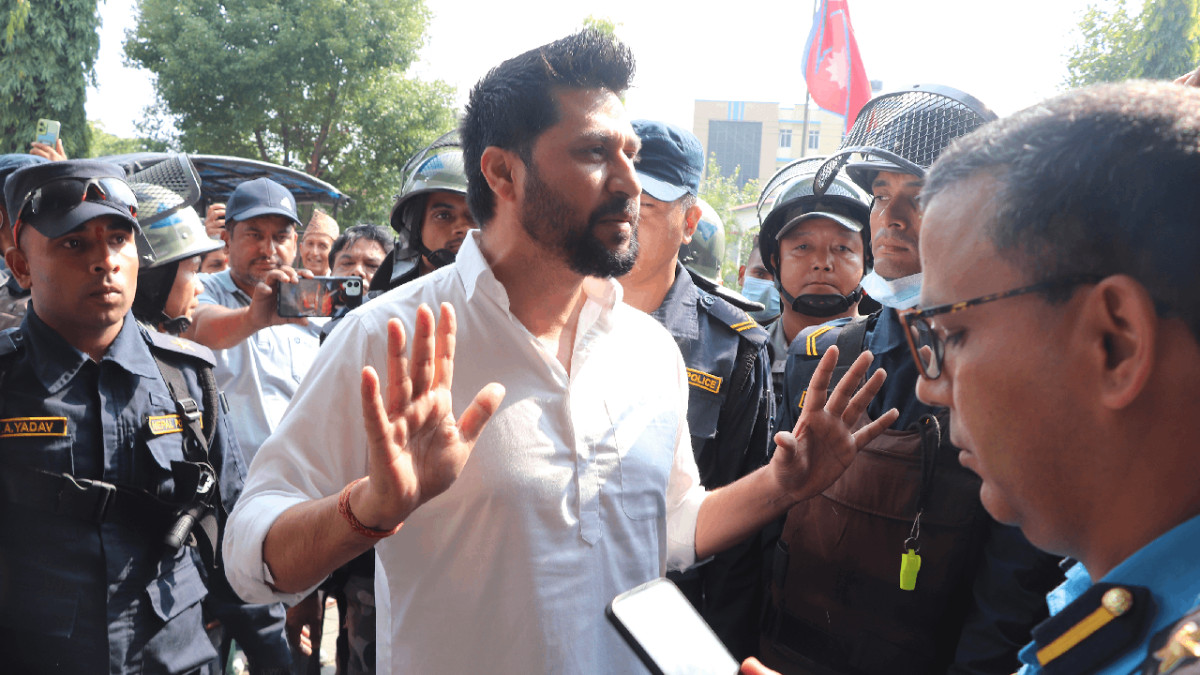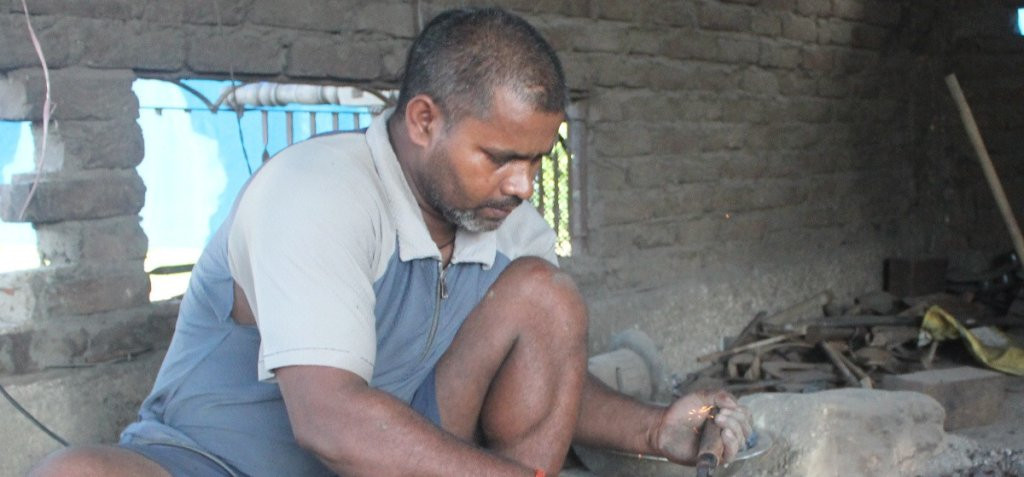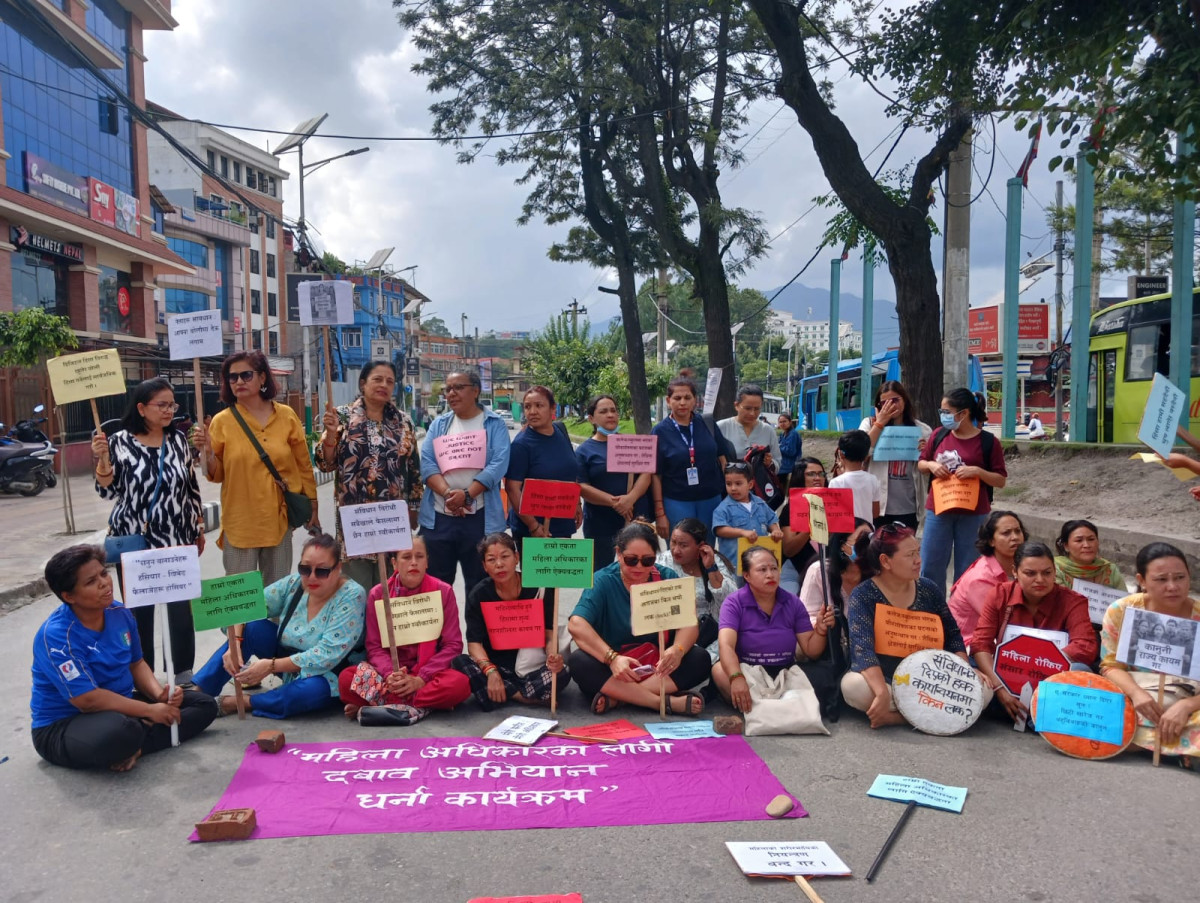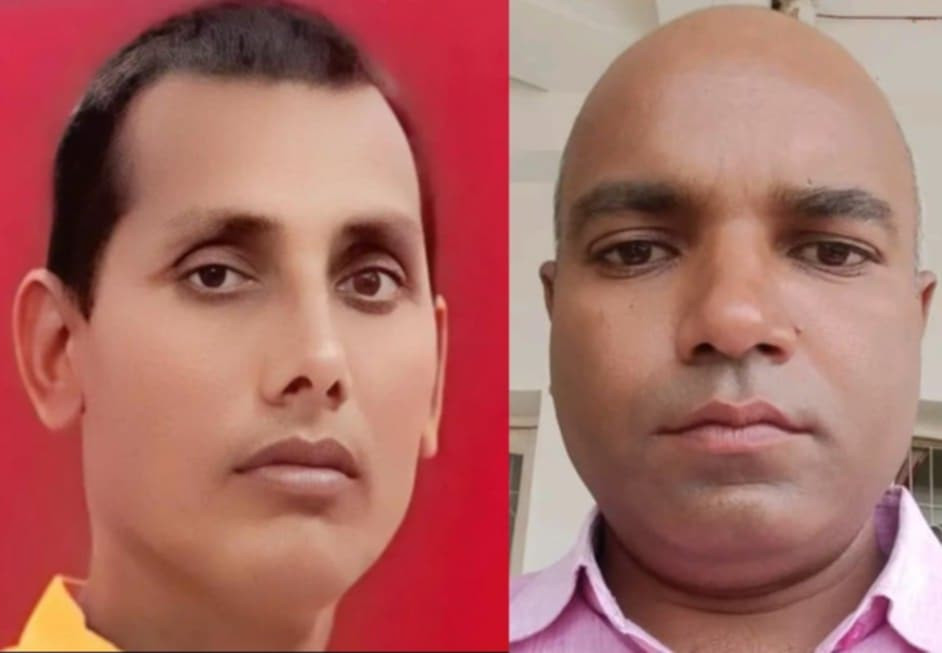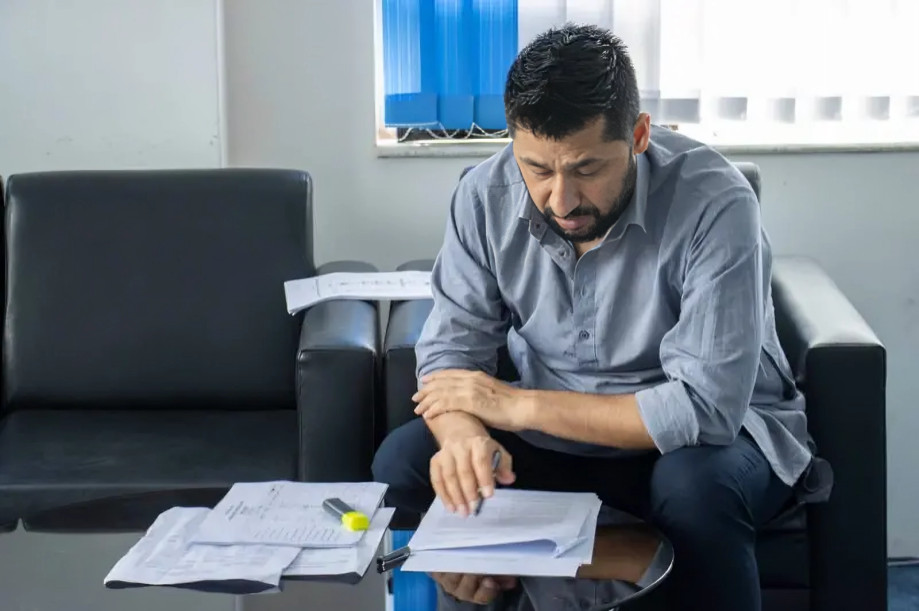United Nations Secretary-General António Guterres has warned that hunger must never be used as a weapon of war, as global leaders gathered in Ethiopia for the UN Food Systems Summit (UNFSS) amid worsening food insecurity across Africa.
Speaking via video link from New York to the summit in the Ethiopian capital, Guterres stressed the urgent need to separate food from the politics of conflict and war. "Hunger fuels instability and undermines peace. We must never accept hunger as a weapon of war," he declared.
The summit comes at a time when over 280 million people across Africa face hunger and starvation, driven by a combination of armed conflict, climate change, and economic instability. The African Union (AU) has called on international donors to step up support for what remains the world's poorest continent.
"Climate change is disrupting harvests, supply chains, and humanitarian aid," Guterres said, highlighting the role of environmental shocks in worsening food crises. He also noted that conflict was exacerbating hunger “from Gaza to Sudan and beyond,” pointing to Gaza’s rapidly deteriorating humanitarian conditions.
According to the World Health Organization, malnutrition in Gaza has reached "alarming levels" since Israel imposed a complete blockade on the territory on March 2. Though a small amount of aid has been allowed through since late May, more than 100 NGOs have warned that "mass starvation" is spreading in the besieged enclave, home to more than two million people.
Millions Face Starvation Across Africa
Mahmoud Ali Youssouf, head of the African Union's Executive Commission, echoed the UN chief's concerns, stating that food insecurity in Africa is worsening due to "climate shocks, conflicts, and economic disruptions."
"At this crucial moment, how many children and mothers on the continent are sleeping hungry?" Youssouf asked. "Millions, certainly. The urgency of the situation is beyond doubt."
He revealed that over 280 million people in Africa are malnourished, with nearly 3.4 million on the brink of famine. An estimated 10 million people have been displaced by natural disasters, including droughts, floods, and cyclones, he added.
To build what he called "nutritional resilience," Youssouf urged AU member states to allocate at least 10 percent of their GDP to agriculture. However, he emphasized that Africa cannot tackle the crisis alone: “We call on our partners to honour their commitments to finance and support African solutions.”
Sudan: A Forgotten Crisis
The summit also shed light on the deepening crisis in Sudan, which the UN’s International Organization for Migration (IOM) has labeled “the largest humanitarian catastrophe facing our world-and also the least remembered.”
Since April 2023, Sudan has been ravaged by a brutal conflict between army chief Abdel Fattah al-Burhan and the head of the Rapid Support Forces (RSF), Mohamed Hamdan Daglo. The fighting has killed tens of thousands and displaced more than seven million people, further exacerbating hunger and instability in the region.


.gif)



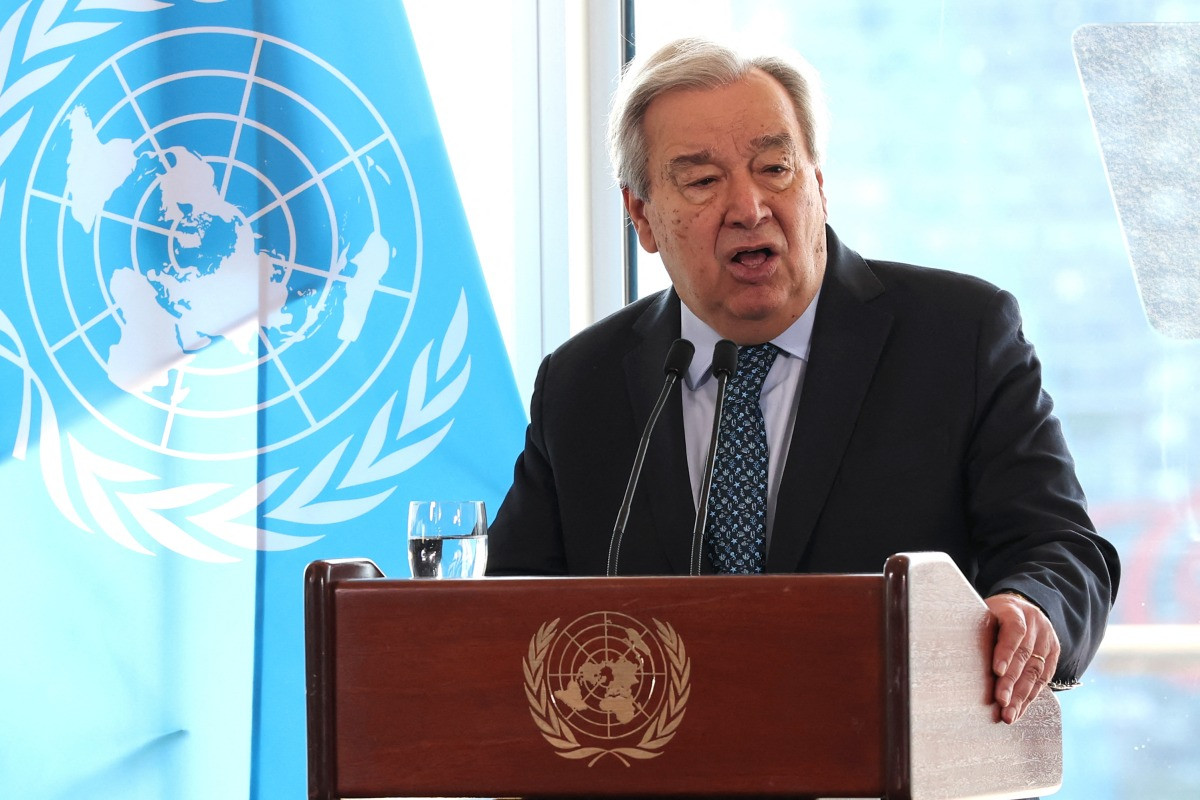



.jpeg)
.gif)







